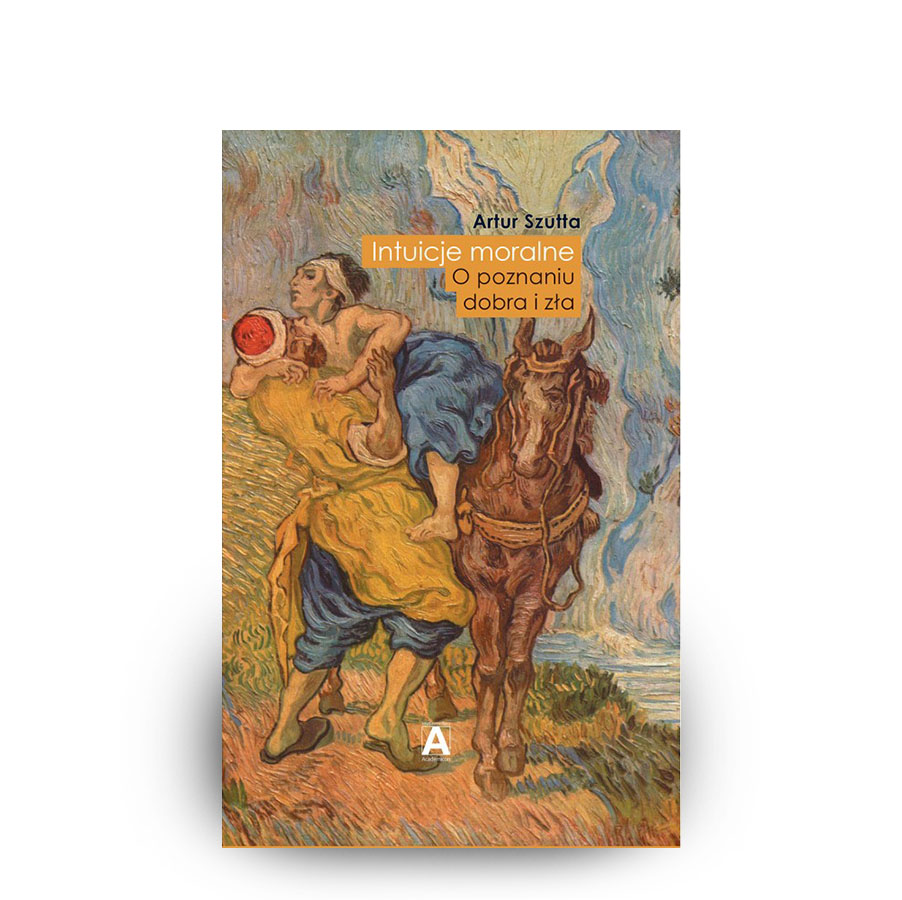The main question of the project is the following: can we justify our moral beliefs by referring to moral intuitions? To realize the project requires the four following steps. The first step will be to explain what I understand by moral intuitions. One can distinguish various understandings of them: as intellectual impressions, deliverances of a rational faculty, a priori apprehensions, infallible insights, products of subconscious cognitive mechanisms, or the judgments deriving from some special kind of moral sense. My working hypothesis is that moral intuition can be understood in a few ways: as a cognitive capacity or perhaps mechanism enabling us to grasp basic moral truths, or as a mental state called a seeming the object of which is moral reality or moral truths, or, finally, a non-inferential moral belief (alternatively moral truths or propositions).
By the term “non-inferential” I mean that these beliefs are not inferred from other beliefs.
Intuitions, as they do not guarantee infallibility, require some method of refinement; therefore the second step will be offering and defending such a method. In this part of my project I want to resort to John Rawls’s idea of reflective equilibrium as a tool to correct our moral intuitions both on individual and interpersonal level. I hope to be able to clearly present the method partly as it was developed by Rawls and his followers (especially Norman Daniels), the difference being however that I will interpret and modify this method in an intuitionistic way (Rawls and Daniels would likely deny such interpretation).
This presentation will also contain an analysis of the two main objections to the method. According to the first one, the method of reflective equilibrium is too conservative, i.e. it does not allow for correcting and enhancing our initial (intuitive) moral judgments. According to the other objection, the method does not guarantee the convergence of moral views that people individually reach in reflective equilibrium; what is more, it justifies and reinforces the divergence of such views in the society, as it gives justification to different even conflicting views. I will try to respond to both criticisms.
The answer will consist in trying to show that one can perfect one’s moral intuitions by developing one‘s intellectual (or epistemic) virtues, especially moral sensitivity, ability to reflect, or practical wisdom (here I will partly follow Michael DePaul’s idea of refining reflective equilibrium), as well as in showing that the method itself contains elements that require taking into equilibrium as wide a scope of issues to be considered as possible. These requirements seem to guarantee refining and correcting one’s moral judgements to a considerable degree. The latter objection, that the method of reflective equilibrium enhances and justifies moral disagreement, is a more challenging one. At this stage of the project I hope to be able to show which factors produce moral disagreement, and how their impact could be diminished. Again one of the important factors which could help overcome the problem of disagreement is developing intellectual and moral virtues. Thus the final step of the project will consist in focusing on the list of the virtues necessary for correcting one’s moral intuitions and taking part in moral debate with others who might have different moral beliefs.
